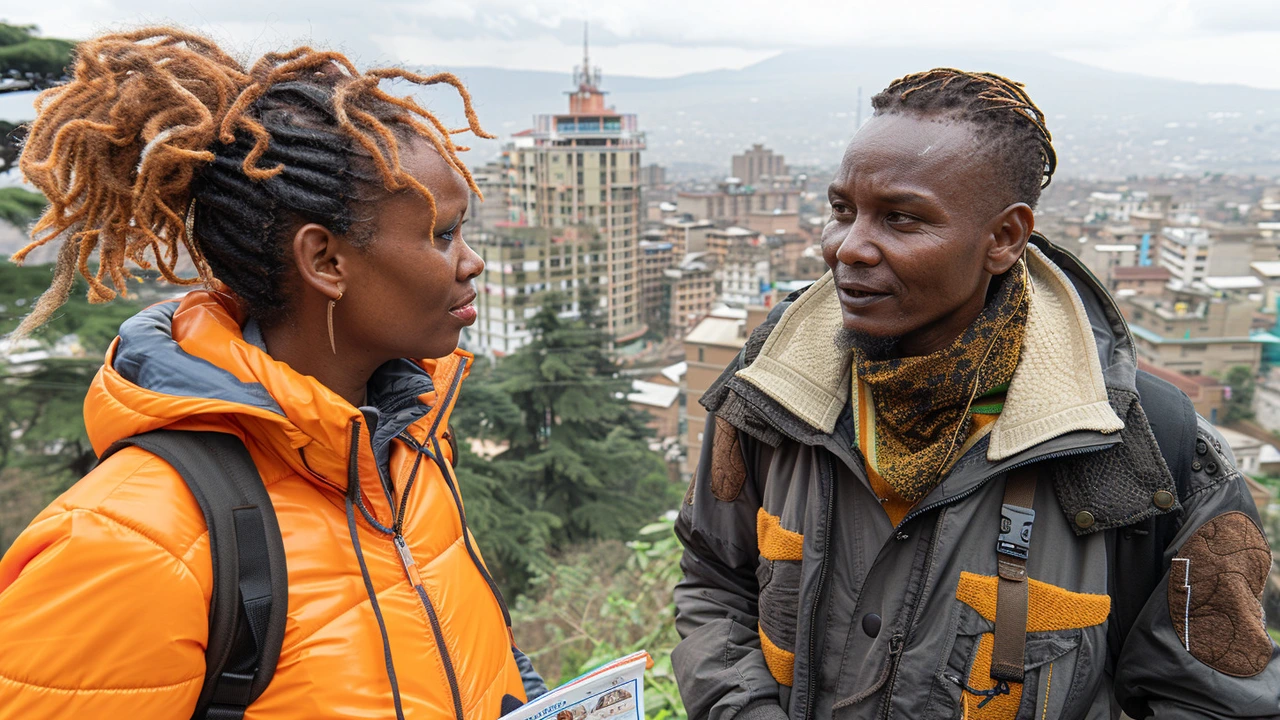Rent Ethiopia: What You Need To Know About House Rents And Housing Costs
Finding a place to rent in Ethiopia sounds easy, but once you jump into the market, you quickly see there’s a lot to figure out. Whether you’re considering Addis Ababa’s busy streets or quieter regional towns, knowing what you’ll actually pay for rent saves you from nasty surprises. Prices swing wildly depending on the city, neighborhood, and even the landlord’s mood. So what’s the real deal with renting in Ethiopia?
In popular cities like Addis Ababa, rents are way higher than in smaller towns. An average one-bedroom apartment in the capital can go for 7,000 to 15,000 ETB per month—sometimes more if it’s a new building or close to business districts. Step outside city centers and prices drop fast. In places like Bahir Dar or Hawassa, you might find a similar apartment for half the price, maybe less. It all comes down to location, amenities, and even how recently the place was renovated. If you want hot water, security, and decent internet, expect to pay more.
House sharing is popular, especially for students or people with a modest salary. Sharing rent and bills cuts costs and you get some built-in company. Many locals find houses by word of mouth, so if you’re new, don’t hesitate to ask around. Agents are everywhere, but remember, they usually charge one month’s rent as a finder’s fee, sometimes more. If that feels like too much, try local Facebook groups or housing apps to spot direct deals. Negotiation is expected—landlords almost assume you’ll start with a lower offer, so don’t be shy.
One major factor to watch is up-front payment. Some landlords want three to six months’ rent paid in advance, especially in Addis Ababa’s trendier spots. This isn’t always negotiable, so budget accordingly. Also, always check what’s actually included in the rent. Is water covered? Will you be on your own if the pipes burst?
Extra costs sneak up fast. Most apartments don’t come with furniture, so you might need to factor in those expenses. Utilities are usually on you, and electricity bills vary depending on how much you use fans, water heaters, or other appliances. Some neighborhoods experience random power or water cuts—always ask current tenants or neighbors about this before signing anything.
If you’re an expat or coming from abroad, know that luxury apartments exist, but these can easily set you back 50,000 ETB or more each month. These often come furnished, with gyms or even pools, but they’re way above average local rents. For most locals and long-term residents, simple and practical beats fancy bells and whistles.
In a market with little online regulation, don’t be too trusting—always see the place in person. If something feels off, walk away. Scams exist, especially in fast-growing cities. Keep your documents in order, and get a clear, written agreement that lists your monthly rent, deposit, included services, and payment terms. If your landlord’s hesitant to commit on paper, that’s a red flag.
Renting in Ethiopia has its headaches, but with a bit of street smarts, you can find a good spot that fits your budget. Understanding local customs, market prices, and your own needs makes the process a whole lot smoother.





